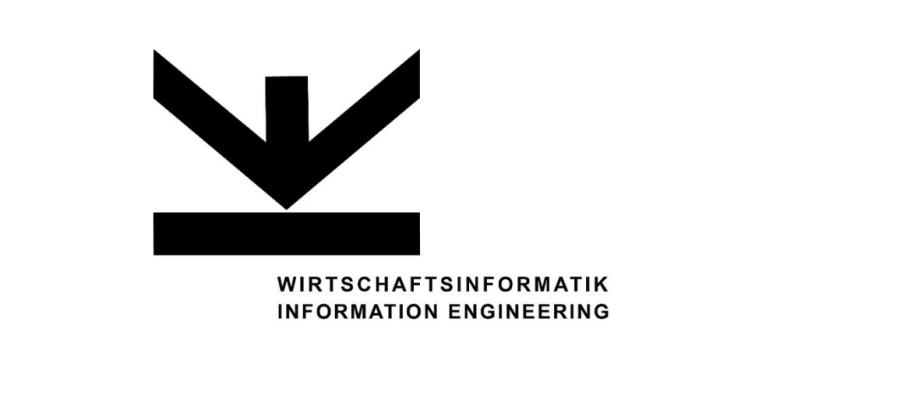Group consolidation plays a crucial role within the Group and throughout the entire company
This task is of enormous importance as it represents the financial performance of the Group as a whole.
In Group consolidation, the profits and losses as well as receivables and liabilities of all parts of the company are combined to enable a realistic presentation of the Group's financial position.
Several critical elements such as expense and income consolidation, capital consolidation and debt consolidation are taken into account.
The preparation of the consolidated financial statements requires the elimination of intercompany profits, losses, liabilities and receivables.
The requirements for the preparation of consolidated financial statements may vary depending on the applicable accounting standards such as IFRS, HGB or GAAP.
Group consolidation is therefore an important step in the financial reporting of a group.
It must be carried out carefully and precisely in order to present an accurate picture of the Group's economic situation.
This also includes the correct elimination of interim results and the accurate presentation of information within the Group.
Group consolidation within the Group
Group consolidation within the Group is an essential process in order to present a complete and accurate picture of the financial position of the entire company. This process requires the careful consolidation of profits and losses as well as receivables and liabilities of all subsidiaries and the parent company.
The consolidation of income and expenses, which relates to the exchange of goods and services between companies within the Group, is important here. These transactions generate gains and losses that must be carefully identified and eliminated in order to avoid double counting in the consolidated financial statements.
Another important aspect of Group consolidation is debt consolidation. This includes the consolidation of all debts and liabilities that exist within the Group. All intercompany liabilities within the Group must also be eliminated in order to ensure an accurate presentation of the Group's total liabilities.
An important aspect that must be considered in this context is the requirement for consolidated financial statements in accordance with the relevant accounting standards. Whether the company prepares its accounts in accordance with IFRS, HGB or GAAP has an impact on the method and requirements of consolidation.
Group consolidation is therefore an important process that has a significant impact on the presentation of the company's financial health. TrustedDecisions specializes in assisting companies with this process and ensuring that they prepare their financial reports accurately and in accordance with applicable accounting standards.
Main types of group consolidation
Capital consolidation: basic principles
Capital consolidation is a fundamental method in Group consolidation. It refers to the way in which the companies within a group present their financial connection. In principle, this means that the parent company's investments in the subsidiaries and vice versa, as well as the interrelationships based on these, are eliminated in the consolidated balance sheet. This ensures that the Group's equity is only reported once.
Expense and income consolidation: what it means and why it is important
Another key aspect of Group consolidation is the consolidation of income and expenses. It is particularly important as it serves to eliminate intragroup transactions in order to avoid double counting in the consolidated financial statements. This means that all profits and losses arising from transactions within the Group are removed from the consolidated balance sheet.
This process is crucial to ensure that the consolidated balance sheet provides an accurate picture of the financial position of the Group as a whole. Receivables and liabilities between companies within the Group are also eliminated. This ensures that only the external receivables and liabilities of the Group as a whole are reported in the consolidated balance sheet.
Group consolidation, including capital consolidation and the consolidation of expenses and income, is a complex process and requires a high level of expertise. TrustedDecisions has the expertise to support and advise companies in this important process to ensure they meet the highest standards of financial reporting.
Treatment of gains and losses
A key aspect of Group consolidation is the treatment of profits and losses. In particular, this involves the elimination of intra-group profits and losses. As the gains and losses arising from transactions within the Group affect the financial presentation of the Group as a whole, it is crucial to treat them correctly.
Intra-group profits often arise from transactions between subsidiaries or between a subsidiary and the parent company. These gains and losses are eliminated in the Group consolidation to avoid double counting and to ensure that the financial performance of the entire Group is presented correctly.
The elimination of intercompany profits and losses is an important process and refers to the elimination of profits and losses that have arisen from internal transactions but have not yet been realized because the goods or services involved have not yet been sold to external customers.
TrustedDecisions has the expertise to support companies with these complex aspects of group consolidation. With a deep understanding of IFRS, HGB or GAAP requirements, TrustedDecisions can ensure that the consolidation process is carried out to the highest standards and that companies have an accurate view of their financial position.
Accounting standards and their role
Accounting standards such as IFRS, HGB or GAAP play a decisive role in group consolidation. They set out the rules and requirements according to which financial reporting, and therefore also Group consolidation, must be carried out.
The IFRS (International Financial Reporting Standards) is an internationally recognized standard that enables a high degree of transparency and comparability of financial reports. The IFRS sets out precise rules for group consolidation, which relate, for example, to the elimination of intragroup profits and losses or the consolidation of liabilities.
The HGB (German Commercial Code), on the other hand, is the German accounting standard and differs from IFRS in some respects. It also sets out specific requirements for group consolidation, although these may differ from IFRS in some respects.
GAAP (Generally Accepted Accounting Principles) are the accounting principles that apply in the USA. They also have their own requirements for Group consolidation.
These different accounting standards can have a significant impact on group consolidation and it is essential that companies are aware of the respective requirements and implement them correctly. TrustedDecisions has in-depth knowledge of these various accounting standards and can assist companies in carrying out their group consolidation accordingly. This expertise will help to ensure the best possible financial transparency and accuracy.
Conclusion
Group consolidation is an indispensable process that plays an essential role in the financial reporting of companies. It provides stakeholders with a clear and accurate presentation of the financial position of the entire Group. The careful consolidation of profits and losses as well as receivables and liabilities is of crucial importance here.
Processes such as capital consolidation, expense and income consolidation and debt consolidation, as well as the correct elimination of intragroup profits and losses, are essential elements of Group consolidation. They must be carried out carefully in order to ensure a correct and transparent presentation of the Group's financial situation.
The specific requirements for group consolidation may vary depending on whether a company prepares its accounts in accordance with IFRS, HGB or GAAP. A solid understanding of these accounting standards and their requirements is therefore crucial for the correct implementation of Group consolidation.
Given the complexity and high demands of the process, the support of experts such as TrustedDecisions can help companies to carry out their group consolidation efficiently and correctly. Correct group consolidation enables a company to maintain its financial integrity and strengthen the trust of its stakeholders.




































